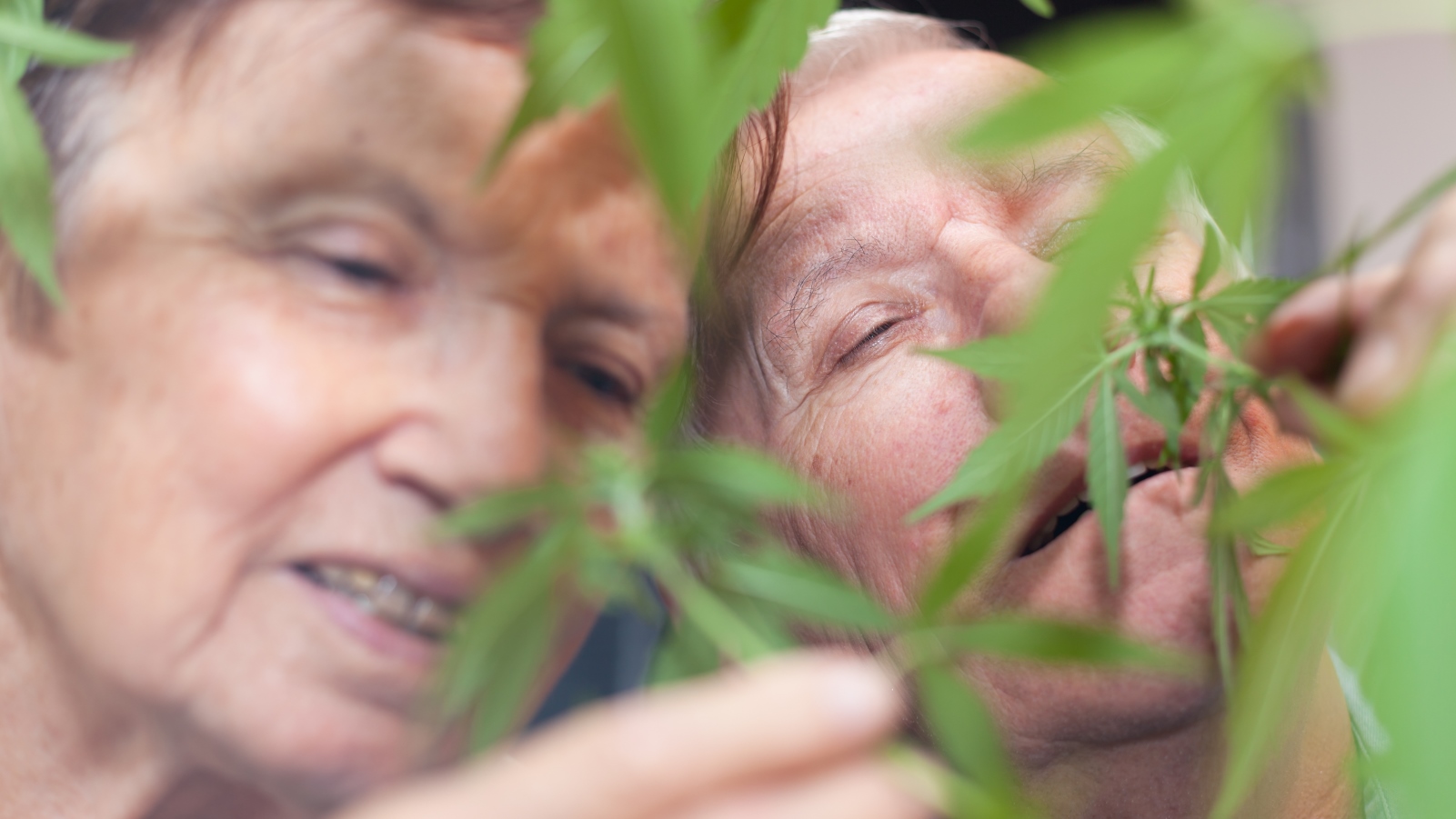Grandma rolling a joint may become more commonplace following publication of a study led by researchers at Ben-Gurion University of the Negev (BGU). Published this month in The European Journal of Internal Medicine, the study found that medical cannabis can significantly reduce chronic pain in patients age 65 and older without adverse effects.
“While older patients represent a large and growing population of medical cannabis users, few studies have addressed how it affects this particular group,” said Prof. Victor Novack, a professor of medicine at BGU and head of the Cannabis Clinical Research Institute at Soroka University Medical Center in Beersheva.
“After monitoring patients 65 and older for six months, we found medical cannabis treatment significantly relieves pain and improves quality of life for seniors with minimal side effects reported,” Novack added.
The researchers looked at cannabis therapy in elderly patients seeking to alleviate cancer symptoms, Parkinson’s disease, post-traumatic stress disorder, ulcerative colitis, Crohn’s disease and multiple sclerosis.
Today, between seven and 33 percent of medical cannabis recipients are above age 65, depending on the country. Americans over 65 represent 14% of the country’s total population and use more than 30% of all prescription drugs. That includes opioids, which researchers hope can be reduced by substituting medical cannabis for pain.
In the study, researchers found that after six months of cannabis use, more than 18% of patients stopped taking opioid analgesics or had reduced their dosage.
The study included 2,736 Israelis age 65 and older, who received medical cannabis through Tikun Olam, the largest medical cannabis supplier in the country. One-third used cannabis-infused oil, one-quarter smoked and 6% used vaporization.
More than 60% of study patients were prescribed medical cannabis due to pain, particularly pain associated with cancer. After six months of treatment, more than 93% reported their pain dropped from a median of 8 to 4 on a 10-point scale.
Close to 60% of patients who originally reported “bad” or “very bad” quality of life upgraded to “good” or “very good” after six months. More than 70% reported moderate to significant improvement in their condition. The most common side effects were dizziness (9.7%) and dry mouth (7.1%).
Other researchers in the study were BGU PhD candidate Ran Abuhasira; Lihi Bar-Lev Schleider of Tikun Olam; and Prof. Raphael Mechoulam of Hebrew University. Mechoulam, 87, was the first researcher to isolate the THC compound in cannabis back in 1964.
Other Israeli studies are looking into how cannabis can restore memory function and reverse cognitive impairment.














